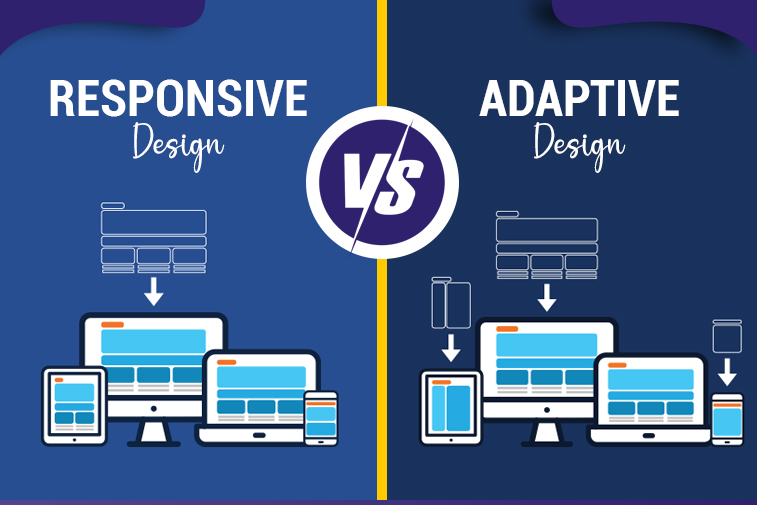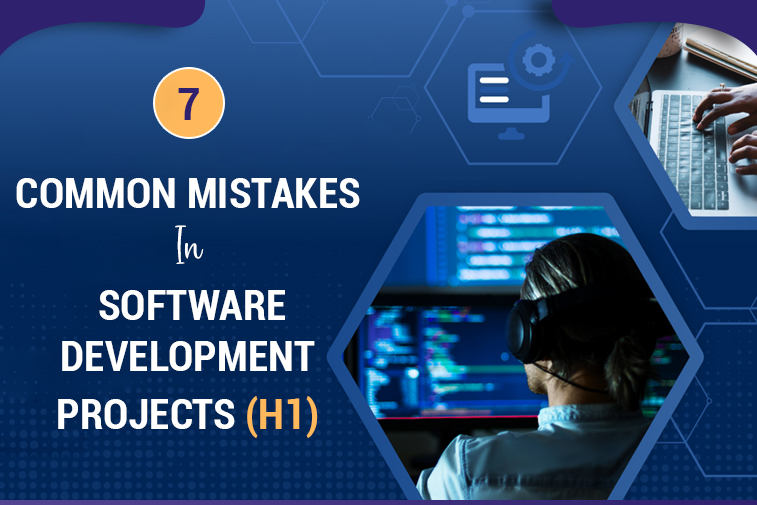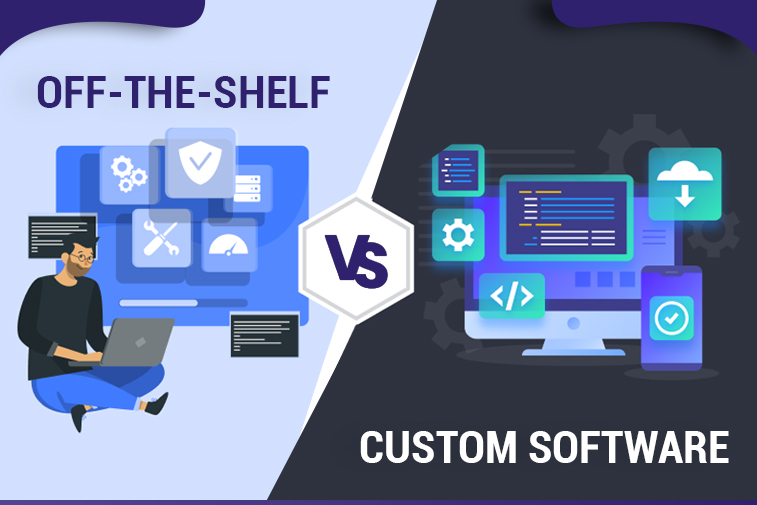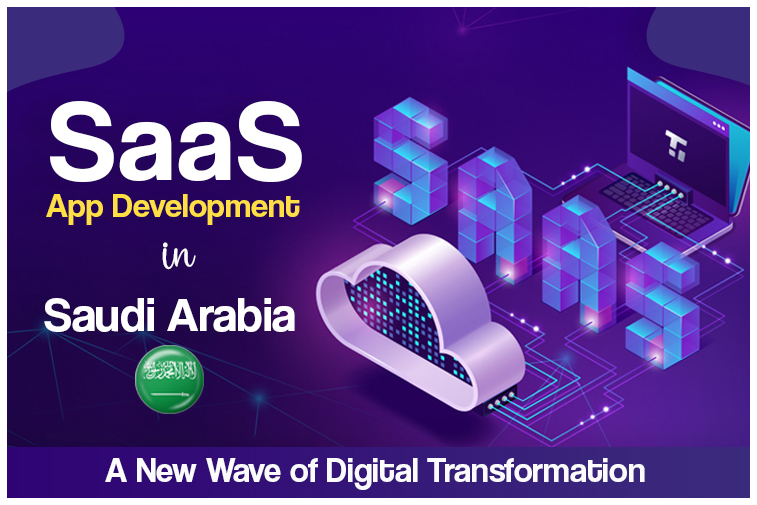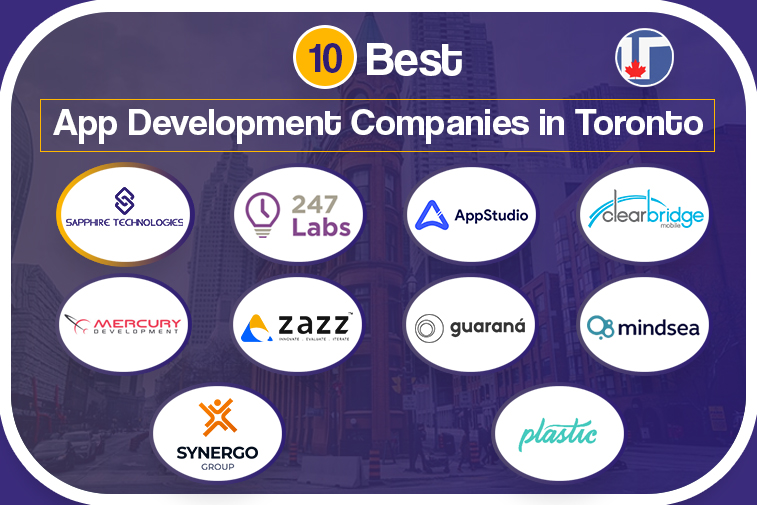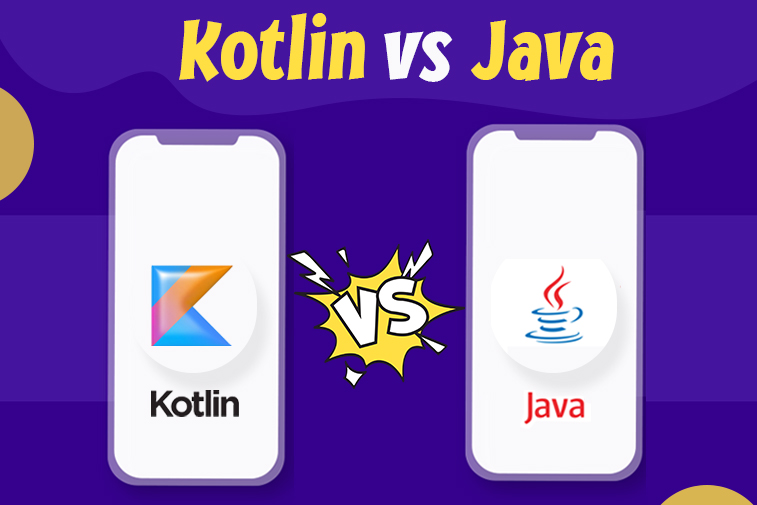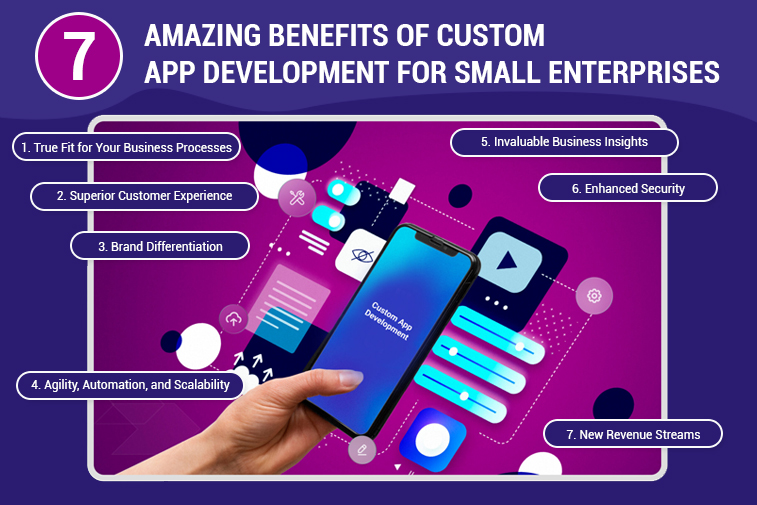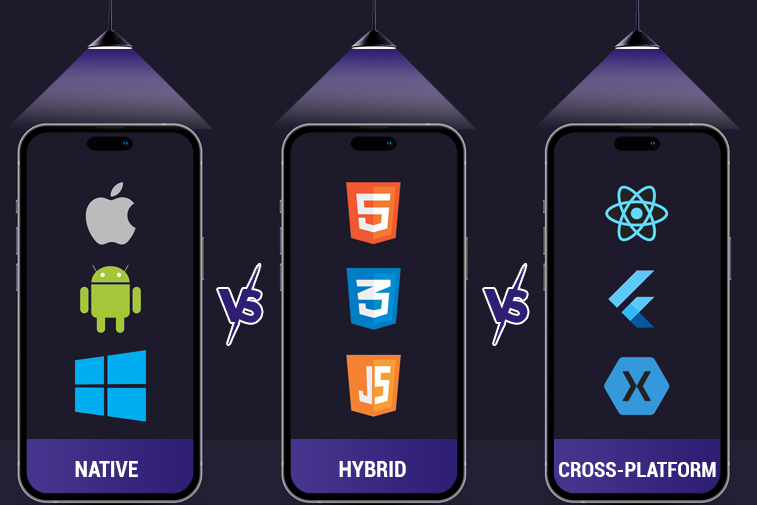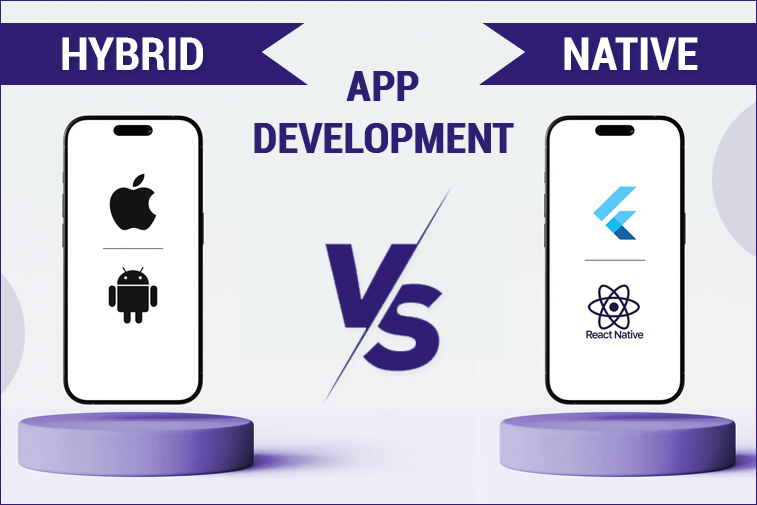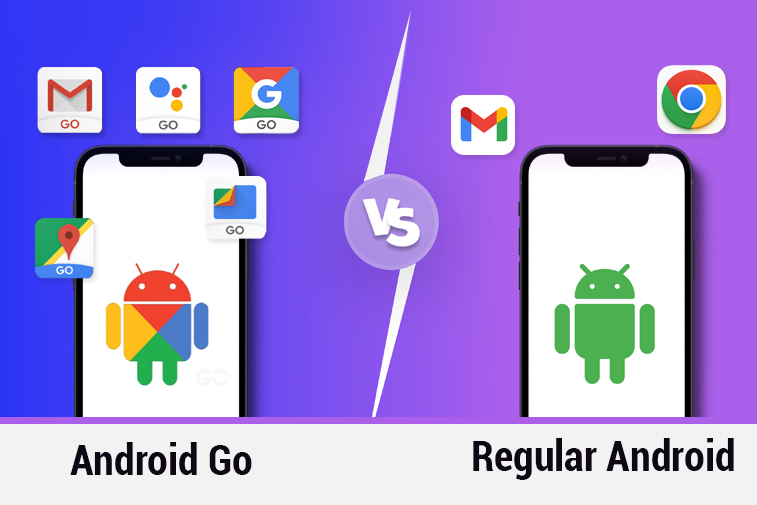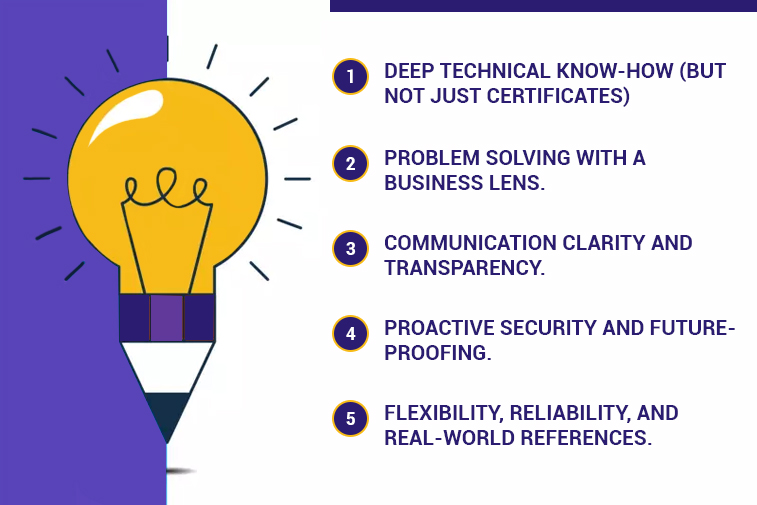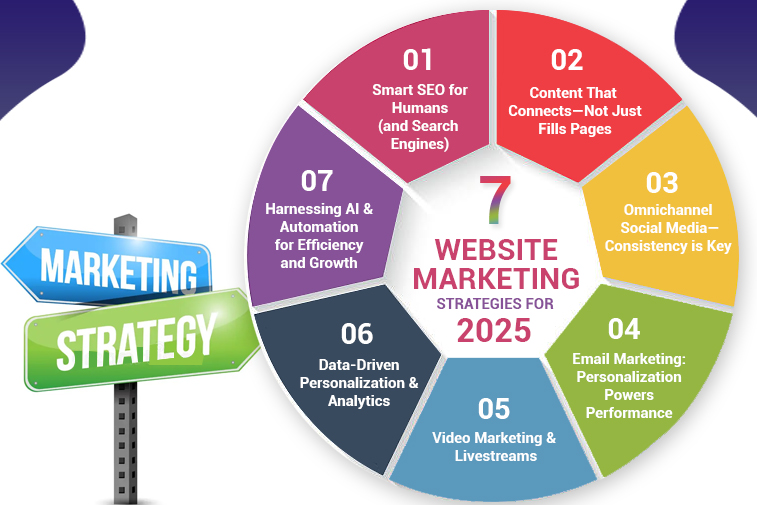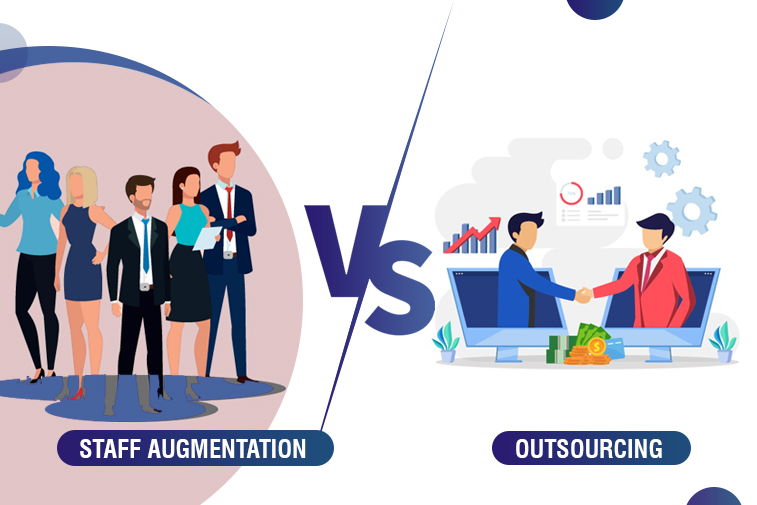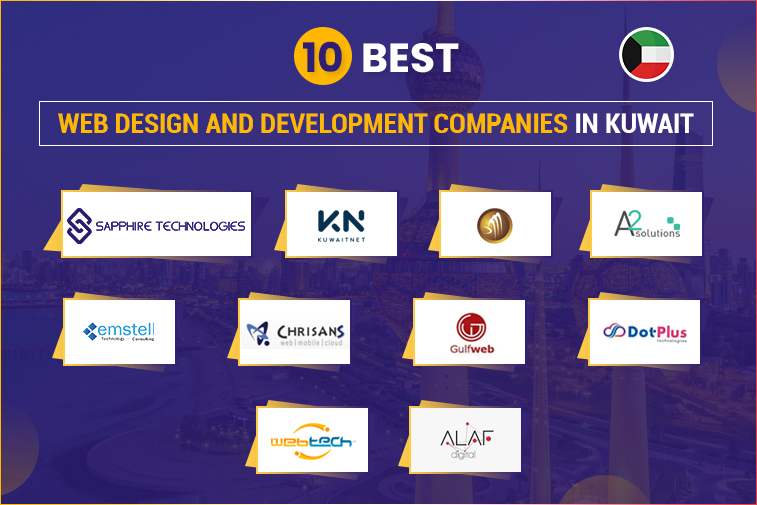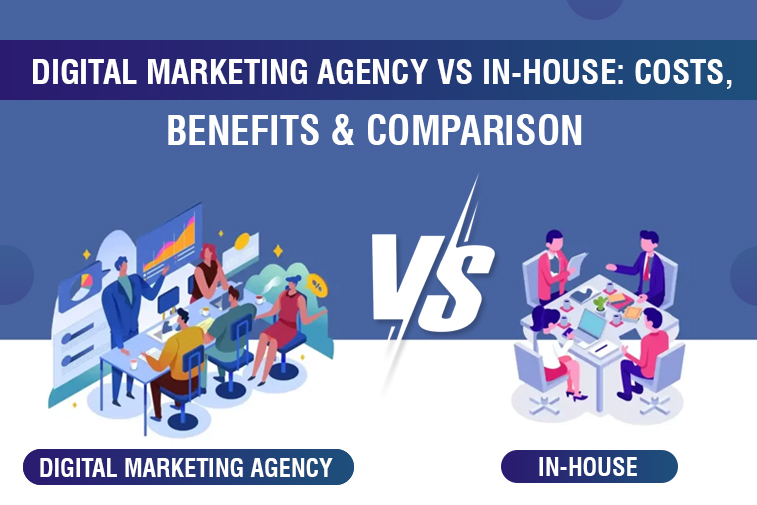5 Essential App Development Trends in 2025 You Can’t Ignore
As we move towards 2025, the realm of mobile app development is changing faster than ever before. With advancements in technology and changing user expectations, developers and businesses must adapt to stay relevant. This article explores the key app development trends that are set to shape the future of mobile applications, ensuring they meet the demands of users while leveraging the latest innovations.
The Rise of Artificial Intelligence (AI)
One of the most significant trends in mobile app development is the integration of Artificial Intelligence (AI). AI technologies are revolutionizing how apps function, making them smarter and more user-friendly. By 2025, we can expect apps to utilize AI for various purposes, including:
- Personalization: Apps will analyze user behavior and preferences to deliver tailored experiences. For instance, shopping apps might recommend products based on past purchases or browsing history.
- Voice Recognition: With the growing popularity of voice-activated assistants, mobile apps will increasingly incorporate voice recognition features to enhance user interaction.
- Predictive Analytics: Utilizing machine learning algorithms, apps can predict user needs and automate tasks, making them more efficient and responsive.
5G Technology: A Game Changer
The introduction of 5G technology is poised to significantly reshape mobile app development. With its high-speed data transfer and reduced latency, developers will be able to design more intricate and data-intensive applications that enrich user experiences. There are some of the key benefits include:
- Improved Performance: Apps will load faster and run smoother, reducing frustration for users.
- Enhanced Streaming Capabilities: High-definition video streaming and real-time gaming will become more accessible, allowing for richer multimedia experiences.
- IoT Integration: 5G will facilitate better connectivity between devices, enabling seamless integration with the Internet of Things (IoT) applications.
The Emergence of Super Apps
The concept of super apps is gaining traction, particularly in Asia. These all-in-one platforms combine multiple services into a single application, providing users with everything they need in one place. Some of the features might include:
- Messaging: Integrated chat functions for communication.
- E-commerce: Shopping capabilities directly within the app.
- Financial Services: Options for banking, payments, and investments.
By 2025, we can expect more businesses to adopt this model as it simplifies user experiences and increases engagement.
Extended Reality (XR)
Extended Reality (XR), which encompasses Augmented Reality (AR), Virtual Reality (VR), and Mixed Reality (MR), is poised to revolutionize mobile app experiences. As technology advances, developers will create immersive environments that allow users to interact with digital content in innovative ways. Applications include:
- Retail: Users can visualize products in their homes before purchasing through AR features.
- Education: VR can provide interactive learning experiences that enhance understanding and retention.
- Gaming: XR technologies will create more engaging and realistic gaming environments.
Foldable Devices and Adaptive Design
With the rise of foldable smartphones, app developers must consider how their applications function across different screen sizes and orientations. This trend emphasizes the need for adaptive design principles that ensure a seamless user experience regardless of device configuration. Key considerations include:
- Responsive Layouts: Apps should automatically adjust their interfaces based on screen size.
- Multi-tasking Features: Users should be able to run multiple apps simultaneously on larger screens without compromising performance.
Enhanced Security Features
As mobile apps become more integral to daily life, security concerns continue to grow. By 2025, we can expect a stronger focus on security measures within applications, including:
- Biometric Authentication: Facial recognition and fingerprint scanning will become standard for secure logins.
- Blockchain Technology: Some apps may utilize blockchain for secure transactions and data integrity, particularly in finance-related applications.
Conclusion
The future of mobile app development is promising and brimming with innovative opportunities. As we move towards 2025, trends such as AI integration, 5G technology, super apps, extended reality, adaptive design for foldable devices, and enhanced security measures will shape how users interact with their mobile devices. For businesses looking to thrive in this evolving landscape, staying ahead of these app development trends is crucial.
By embracing these innovations, companies can not only meet user expectations but also create engaging experiences that foster loyalty and drive growth in an increasingly competitive market.
Mobile App Trends Frequently Asked Questions
Q1: What are app development trends?
A1: App development trends refer to the emerging technologies and practices that influence how mobile applications are designed, developed, and used. These trends often reflect changes in consumer behavior and advancements in technology.
Q2: How does AI impact mobile app development?
A2: AI enhances mobile app functionality by enabling personalization, voice recognition capabilities, predictive analytics, and automation of tasks based on user behavior.
Q3: What are super apps?
A3: Super apps are multifunctional platforms that combine various services—such as messaging, shopping, and financial transactions—into a single application to simplify user experiences.
Q4: Why is 5G important for mobile apps?
A4: 5G technology offers faster data speeds and lower latency, allowing developers to create more complex applications that provide richer multimedia experiences and improved performance.
Q5: What role does security play in mobile app development?
A5: Security is crucial in mobile app development as it protects user data from breaches. Enhanced security measures like biometric authentication and blockchain technology help ensure safe transactions and data integrity.

 Saudi
Saudi Dubai
Dubai Kuwait
Kuwait Toronto
Toronto London, UK
London, UK India
India

